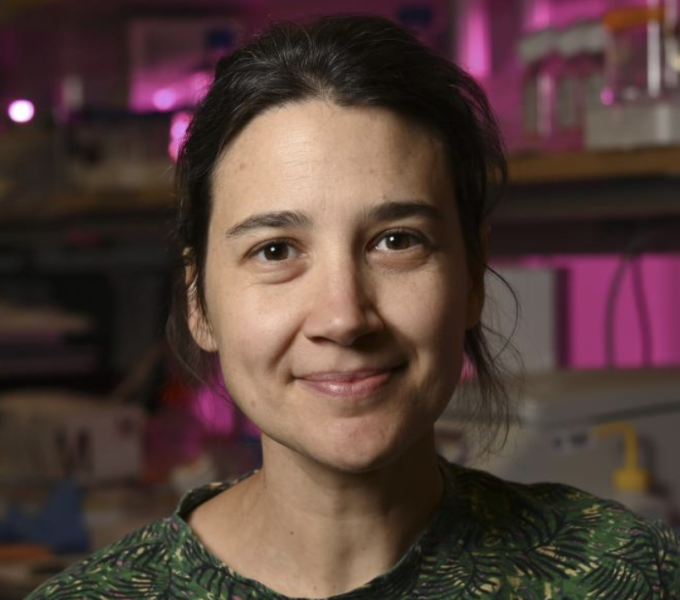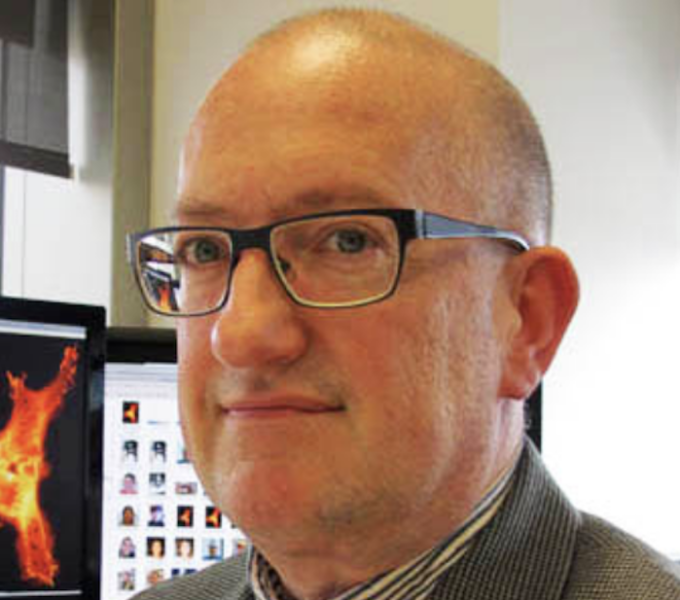Affiliated Faculty
This list of affiliated investigators can help you identify potential research mentors at the University of Pittsburgh. PSTP students can, and do, work with mentors not on this list, but the investigators featured below have expressed interest in hosting PSTP students in their laboratories.

Our lab focuses on uncovering the developmental molecular programs underlying the formation of the fovea, a high acuity area in the retina.

Our research focuses on the development and use of novel systems approaches to analyze high-dimensional immunological datasets, and elucidate mechanisms of immune regulation and dysregulation. Our previous work has utilized systems approaches to analyze Mendelian mutations in the context of three-dimensional protein-protein interaction networks, to understand molecular mechanisms of corresponding disorders. We have also developed network analyses frameworks to characterize the evolutionary dynamics of these protein networks. Another dimension of our past work has been the use of statistical methods for the analyses of high-dimensional data and machine-learning approaches to elucidate correlates of natural and vaccine-mediated immunity in HIV, tuberculosis and malaria.

Our group combines experimental and theoretical approaches to reverse-engineer the inherently mechanical processes of cell and tissue development.

Cellular and molecular mechanisms of central and peripheral nervous system development and plasticity

HGF-MET-PI3K signaling in liver development, growth, regeneration and cancer. She has identified a novel regulator of the catalytic subunit of PI3K (p110) called PI3K interacting protein 1 (PIK3IP1)

Steroid hormone action in neural stem cells and cancer

The Delgoffe Lab studies the impact of the tumor microenvironment on T cell subsets that infiltrate the tumor. We aim to dissect how tumor cells promote an immunosuppressive environment through the modulation of metabolism. We are currently examining this from two major perspectives.

HSV gene expression in productive and persistent infections

Research in the Dermody laboratory focuses on the molecular mechanisms of Mammalian Orthoreovirus (reovirus) and Chikungunya virus infections

The design and development of cationic peptides as an effective countermeasure to the persistent problem of antibiotic resistance and other types of hard-to-treat infectious diseases.
Decision processes in late-life suicidal behavior and in borderline personality

The molecular pathogenesis of neurodegeneration and aging

The Duncan lab studies liver homeostasis, regeneration, and injury, focusing on the role of hepatic chromosome variations (polyploidy and aneuploidy).
